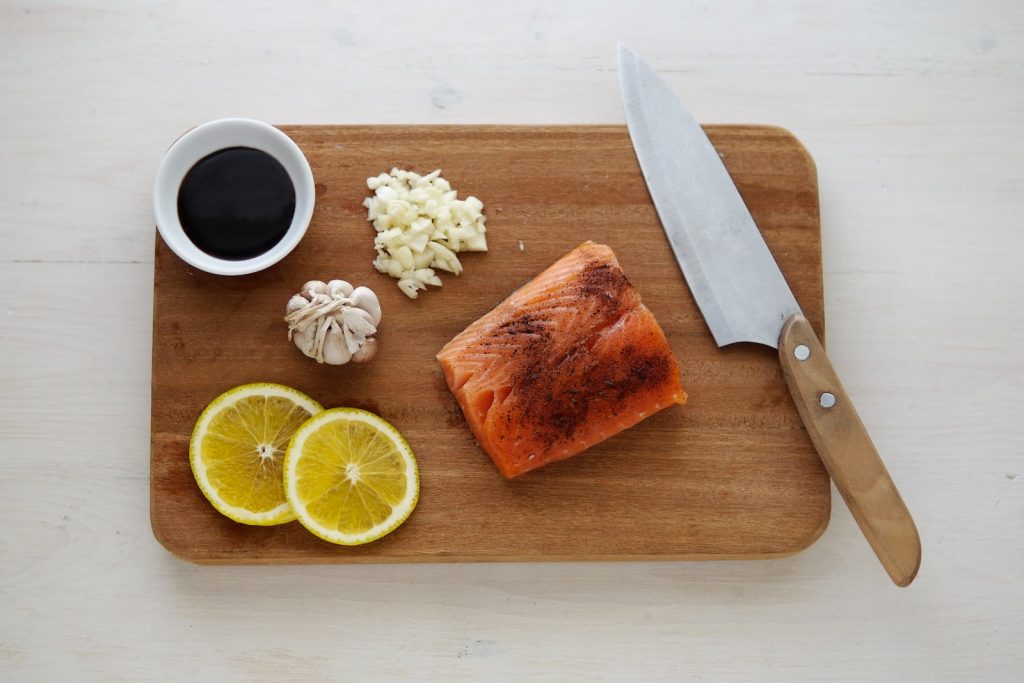This is an article guiding you on how to have a Marathon diet plan. The article goes over the disadvantages of having fast food, as well as the ways in which one can make healthier choices. It also includes a comparative list of what constitutes healthy and unhealthy food items.
What is a marathon diet plan?
A marathon diet is a carefully planned out diet that helps runners prepare for a marathon race. This type of diet includes foods that are high in carbohydrates and protein, as well as plenty of water to help keep runners hydrated during the race.
Marathon diets typically start about two weeks before the race, and runner will gradually increase their mileage as they get closer to the big day.
Defining the Marathon Diet Cycle
As with any training plan, your diet should be tailored to the specific demands of your marathon cycle. Here’s a quick guide to help you understand how your diet should change throughout your training.
The first phase of your marathon diet plan cycle is the base phase. During this phase, you should be focused on building a strong foundation of mileage. Your goal is to gradually increase your weekly mileage while staying within your calorie budget.
You should also be eating a variety of healthy foods to ensure that you’re getting all the nutrients you need.
The second phase of your marathon diet cycle is the taper phase. During this phase, you’ll start to cut back on your mileage as you get closer to race day.
You’ll still need to make sure that you’re getting enough calories and nutrients to support your training.
This is especially important during the last few weeks before the race, when your body is recovering from all the hard work you’ve put in and preparing for the big day.
The third and final phase of your marathon diet cycle is the recovery phase. This is when you’ll finally get to enjoy some cheat meals and refuel after all your hard work!
However, it’s important not to overdo it.

Needed Supplies for Your Marathon Diet Plan
No matter what your marathon diet plan is, there are certain supplies you’ll need to have on hand to make sure you’re successful. Here’s a list of must-haves for your marathon diet plan:
- Fruit and vegetables: these should form the basis of your diet plan, and will give you the nutrients and energy you need to power through your training runs.
- Protein: whether it’s in the form of lean meats, poultry, fish, tofu, legumes, or eggs, you’ll need protein to help repair and rebuild muscles after tough runs.
- Whole grains: complex carbohydrates like whole wheat bread, brown rice, and quinoa will give you sustained energy throughout your training.
- Healthy fats: avocados, nuts, and seeds are all good sources of healthy fats that can help boost energy levels and aid in recovery.
- Sports drinks: electrolyte-rich beverages will help keep you hydrated and prevent cramping during long runs.
Goals and Benefits of a Marathon Diet Plan
When you’re training for a marathon, it’s important to have a nutrition plan that will help you reach your goals. A marathon nutrition plan can help you lose weight, improve your endurance, and boost your energy levels.
There are a few different goals that you might have for your marathon nutrition plan. Maybe you want to lose weight so that you can run faster, or maybe you want to improve your endurance so that you can finish the race strong. Whatever your goals may be, a well-planned marathon nutrition plan can help you reach them.
Some of the benefits of having a marathon nutrition plan include:
- Losing weight: A marathon nutrition plan can help you lose weight by increasing your metabolism and helping your body burn more calories.
- Improving endurance: A marathon nutrition plan can help improve your endurance by providing your body with the nutrients it needs to sustain long periods of exercise.
- Boosting energy levels: A marathon nutrition plan can also help boost your energy levels by giving your body the calories it needs to perform at its best.

Tips for Success and Frequently Asked Questions
Congratulations on your decision to train for a marathon! This is a big undertaking, but with proper planning and execution, you can definitely accomplish your goal.
One of the most important aspects of preparing for a marathon is your diet. What you eat (and don’t eat) can make a big difference in how your body responds to all the training you’ll be doing. Here are some tips to help you create a marathon diet plan that will set you up for success.
- Make sure you’re getting enough calories. Training for a marathon requires a lot of energy, so it’s important that you make sure you’re taking in enough calories to support your workouts. Otherwise, you may find yourself feeling fatigued and unable to push yourself as hard as you need to.
- Focus on complex carbohydrates. Complex carbs are a great source of energy for endurance activities like marathon training. They’re also easy on the digestive system, which can be important during long runs or when tapering leading up to race day. Good complex carbs to include in your diet are whole grains, starchy vegetables like potatoes, and legumes.
- Get enough protein. In addition to complex carbs, you’ll also need to take in enough protein to maintain muscle health. Endurance athletes who don’t take in enough protein to support the body’s needs may find themselves suffering from delayed recovery and fatigue long after a workout is completed.My favorite protein sources are whole eggs, legumes, fish and lean chicken and turkey breast.
- Drink plenty of fluids: It’s easy to think about eating when you’ve got a mid-morning snack craving, but hydration may be even more important than food for an endurance athlete like yourself. You’ll want to make sure you’re constantly drinking fluids, especially during activity and through the day between workouts. Don’t forget electrolytes like potassium and sodium either — these are crucial for marathon training to prevent cramps!